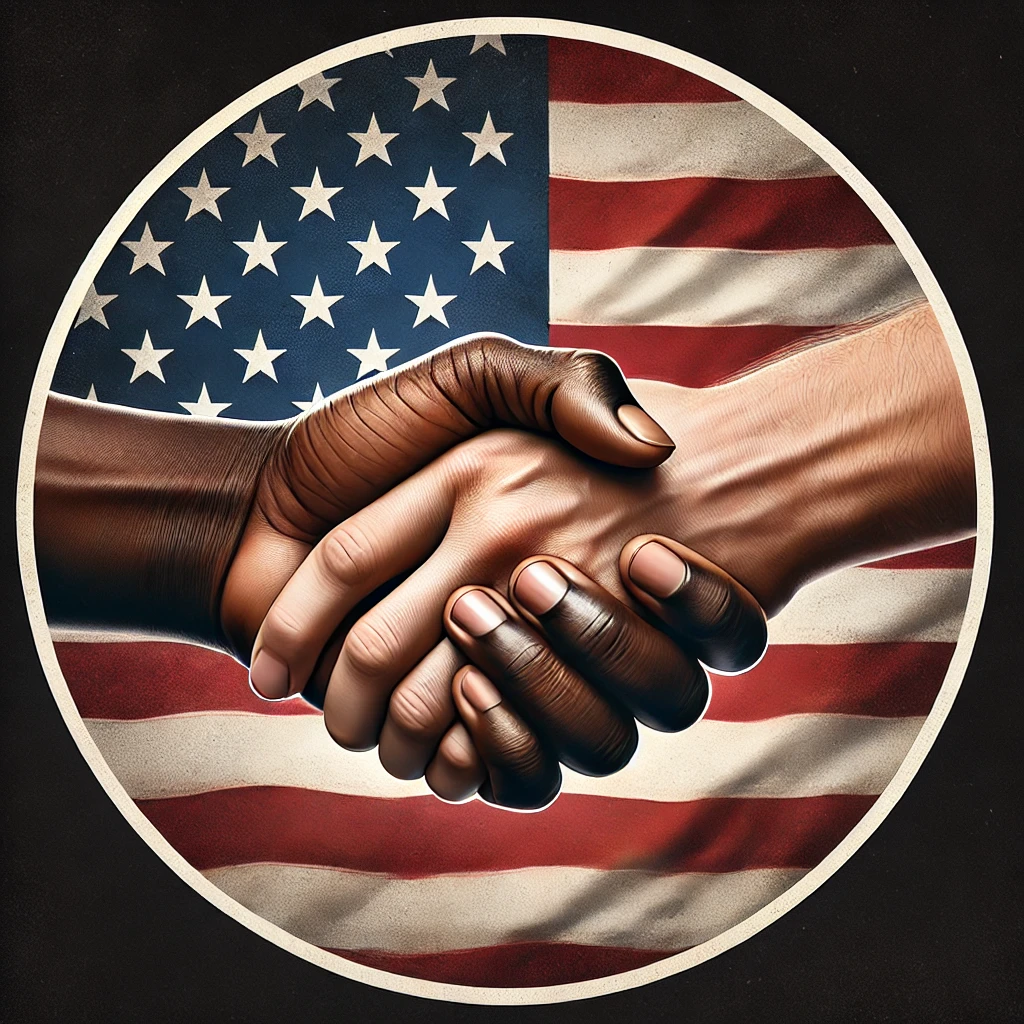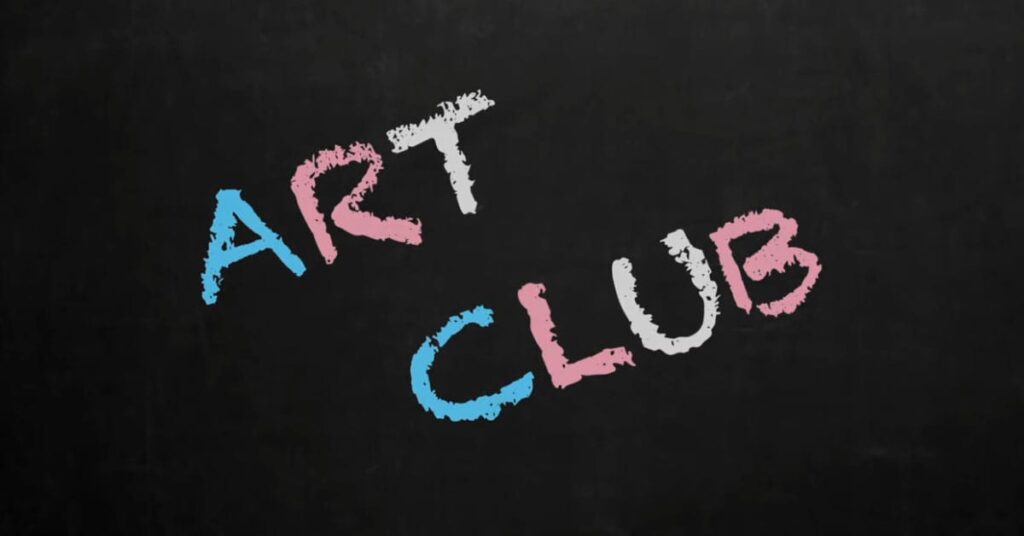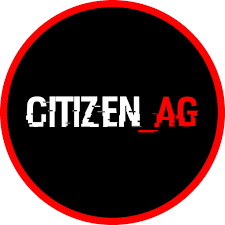Introduction: The Role of Parental Rights in Education
Parental rights have long been a cornerstone of educational discussions, particularly when it comes to the content being taught in schools. In recent years, there has been growing concern among some parents and groups about the inclusion of topics like Critical Race Theory (CRT), social-emotional learning, and discussions around gender identity in school curricula. These issues have sparked debates about the appropriate role of parents in deciding what their children are exposed to in educational settings. Task Force Freedom, for example, was formed with the specific objective of combating what they see as harmful ideologies being pushed on students without adequate parental consent.
Critical Race Theory and Parental Concerns
Critical Race Theory has become a focal point of controversy in many school districts across the country. This academic framework, which examines the role of race and racism in society, has been criticized by some parents and advocacy groups who argue that it promotes a divisive view of history and society. These critics believe that CRT may foster resentment or guilt among students and that it is not appropriate for young children. The debate centers on whether such content should be part of the standard curriculum and, crucially, whether parents should have the right to opt their children out of such lessons.
The Controversy Over Social-Emotional Learning
Alongside CRT, social-emotional learning (SEL) has also come under scrutiny. SEL is designed to help students develop skills such as empathy, emotional regulation, and interpersonal communication. However, opponents argue that SEL can sometimes cross into areas of personal and family values, which they believe should remain the domain of parents rather than schools. The controversy surrounding SEL reflects broader concerns about the extent to which educational institutions should be involved in shaping the moral and emotional development of children, particularly when those teachings may conflict with the values taught at home.
Gender Identity and the School Curriculum
Another area of significant concern for some parents is the inclusion of gender identity discussions in school curricula. Topics such as gender dysphoria and the use of preferred pronouns have become increasingly prevalent in educational settings. Task Force Freedom and similar groups argue that these discussions are being introduced to children at too young an age and without sufficient parental involvement. They believe that conversations about gender identity are deeply personal and should be managed by families rather than schools. The debate highlights the tension between ensuring inclusive education and respecting parental rights to guide their children’s understanding of such complex issues.
The Literary Value Debate: Controversial Books in Schools
The presence of certain books in school libraries has also sparked heated debates, particularly when those books contain explicit content. For example, in one district, parents and activists challenged the inclusion of books like The Bluest Eye, arguing that the material was inappropriate for students due to its graphic descriptions. These challenges raise important questions about the literary value of controversial works and whether they belong in school settings. Supporters of these challenges argue that parents should have the final say in whether such content is suitable for their children, emphasizing the need for parental choice in educational materials.
The Book Challenge Process and Parental Choice
The process of challenging books in schools is often fraught with tension, as demonstrated by incidents at school board meetings where parents and activists read aloud from books they found objectionable. In some cases, these challenges have led to heated exchanges and even the shutting down of meetings. Those advocating for book removals argue that parents should be the ultimate arbiters of what their children are exposed to in school, particularly when it comes to content they consider to be pornographic or otherwise inappropriate. The push for parental choice in these matters underscores the broader debate over who should control educational content.
Freedom of Speech vs. Parental Rights
The clash between freedom of speech and parental rights is central to many of these debates. On one hand, supporters of broad curricular inclusion argue that students should be exposed to a wide range of ideas, even if some are controversial or uncomfortable. On the other hand, parents who oppose certain content argue that they have the right to protect their children from material they believe is harmful. This conflict plays out in school board meetings and public discussions, where both sides argue for their vision of what education should be.
The Role of School Boards in Educational Content
School boards play a crucial role in determining what content is included in school curricula and libraries. However, as seen in recent controversies, these boards are often at the center of intense debates over parental rights and educational freedom. When parents challenge books or curricula, school boards must navigate the difficult terrain of balancing freedom of speech with the concerns of the community. The decisions made by these boards can have lasting impacts on what students are taught and the extent to which parents can influence educational content.
Conclusion: The Ongoing Debate Over Education and Parental Rights
The debates over Critical Race Theory, social-emotional learning, gender identity, and the inclusion of controversial books in schools reflect broader societal concerns about education and parental rights. Groups like Task Force Freedom are at the forefront of these discussions, advocating for greater parental control over what children are taught in schools. As these debates continue, they raise important questions about the balance between educational freedom, the role of schools in society, and the rights of parents to shape their children’s educational experiences. The outcomes of these debates will likely have significant implications for the future of education in America.
Author
-

Task Force Freedom Contributor Brother K is an outspoken defender of moral integrity in education, focusing on uncovering the societal threats posed by radical ideologies in schools. With years of experience in activism, Brother K’s articles on Task Force Freedom aim to inform and empower parents to take a stand against dangerous influences affecting their children. His commitment to exposing harmful practices and advocating for family-centered values makes him a powerful force for change. Brother K’s anonymity is a reflection of his focus on the cause rather than personal recognition, as he continues to fight for the rights of families across the nation.
View all posts



